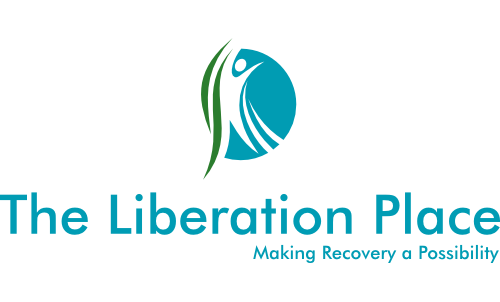The Playful Child Mode
When the Playful Child Mode is activated, we have a general sense of contentment in our system because, at our core, emotional needs have been met. This is preferably something that is being done internally, however, meeting these needs externally is something that is helpful and, at times, definitely needed too. In this lighthearted and relaxed state, it feels comfortable for us to be playful, we feel at ease in our system, self-validated, connected, optimistic, competent, and most importantly, safe. Without a sense of safety, both externally and internally, our system is set on high alert, and the protective aspects of our emotional child parts, like anger and impulsivity for example, are not allowed to relax and enjoy the current moment we are in. Access to the many different aspects of the Playful Child mode is extremely necessary for us to engage in spontaneous and enjoyable activities, particularly in social settings.
The absence of our ability to access this mode is possibly an indication that we were never allowed, or encouraged to play when we were young. As a result, we miss the early opportunities to explore our own individual likes and dislikes, and a crucial part of our development is skipped by not taking part in this fundamental form of social interaction. When needed, the Playful Child Mode provides an important counterbalance to what is often the emotionally painful experience of the Vulnerable Child, as early exposure to pleasure and joy can develop the skills of internal motivation. This provides the ability to access a sense of optimistic hope that things can and will get better in challenging times later on in adult life. The Playful Child Modes are at the centre of our system when we participate in many of the activities we need for Self-care, without them, many people will simply burn out as they never truly learn how to switch off from the stressors of their day-to-day activities.
“Understanding the role my Playful Child Mode needed to have in my personality system was integral to my success. I truly didn’t know how to play in a healthy way, and ultimately, this was stopping me from practicing Self-care!”
~Steven Morris RP
When I was a child, I was often told that I was only allowed to play with my toys in designated areas of the house. Oh, don’t get me wrong, I pushed the limits of this boundary on a daily basis, the mischievous little boy withing me at that time would empty his toys out in many different rooms that were not meant to be used for play. Inevitably, most of the time, I was put back in my room and told not to do it again, as it was important for the house to maintain a certain level of tidiness that my “mess” would obviously compromise.
As a result of the rules I experienced around play, I never learned the skills associated with this most essential of childhood needs. As I grew into my adult life, I found it difficult to express myself in a playful way if I didn’t think it was the right time, and definitely if it wasn’t the right place. This is something I really had to work on in my own recovery, as spontaneity and play are at the heart of what we call Self-care. Like many people stepping into recovery, I didn’t know how to enjoy myself without the use of a substance, and I had to learn these skills if I wanted to build a solid foundation for my own recovery lifestyle, and ultimately start to Live the Life I wanted to Live.
"The Playful Child is an important aspect of our own Self Care. Without it, we can find it difficult to switch off from the overwhelming stressors of Adult Life."
~Steven Morris RP.
The playful child is an expression of all those things, and as I discovered his presence within my system, I realized he was strongly linked to my Angry Child, my Impulsive Child, my Undisciplined Child, and my Entitled Child. When I am able to release the burden of protection each of these parts is carrying, they are free to express themselves in a spontaneous and playful way. This is the very essence of the re-education process we explore in this work. To teach the child parts of my personality that they are allowed to be free, and they are allowed to express themselves. Obviously, this is within the bounds of a Healthy Adult life, but they no longer need to protect me from my emotions in the way they previously felt they needed to.
In the PDF at the bottom of this page you will find a worksheet that’s designed to help you develop your awareness for your own unique Playful Child Mode of behaviour. Use this in conjunction with the Personality Map to identify the way you want to be in your practice of self care, along with the little things you can do, every single day, to live the life you want to live in this particular important area of life.
Download the Playful Child Mode PDF
Follow us on Social Media





